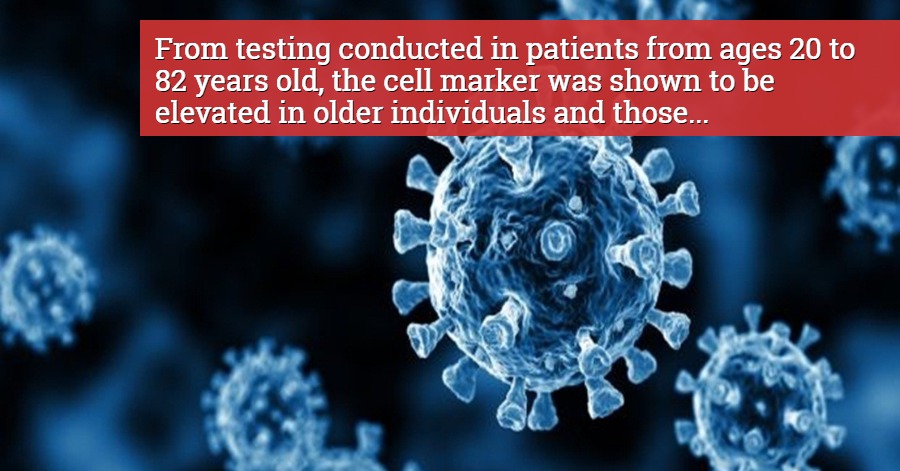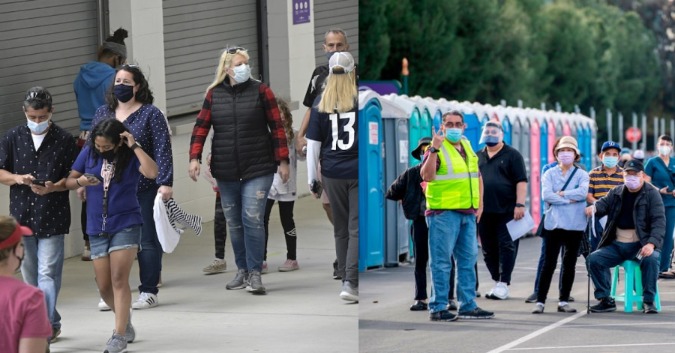SYDNEY, Oct 19 — Researchers from the University of Queensland (UQ) have devised a new way to estimate health outcomes in COVID-19 patients by identifying their cell fitness.
The research, published in the EMBO Molecular Medicine journal on Tuesday, could bear major implications for the identification and protection of those most vulnerable to the virus, reported Xinhua News Agency.
“We found that patients with acute lung injury had higher levels of the biomarker in their lower respiratory tract and areas of cell death,” said contributing author from the UQ’s Diamantina Institute, Dr Arutha Kulasinghe.
The cell marker in question is called hFwe-Lose or “Flower lose”, and was revealed by the researchers to be a strong indicator of the severity with which COVID-19 was likely to develop.
From testing conducted in patients from ages 20 to 82 years old, the cell marker was shown to be elevated in older individuals and those with comorbidities such as obesity and immune function disorders. “More importantly, we also found that the cell fitness marker outperformed conventional methods, such as age, inflammation and co-existing diseases, in predicting health outcomes, such as hospitalisation and death, in COVID-19 patients,” said Kulasinghe.
The presence of the “Flower lose” cell marker could be identified in patients who were infected with COVID-19 through a nasal swab. Kulasinghe said this would give doctors a quick way to assess a COVID-positive patient’s level of risk.
“The cell fitness marker would enable medical teams to identify patients more likely to develop severe symptoms, provide closer monitoring and earlier access to hospitalisation and intensive care.”
While Kulasinghe said the research would need to be expanded to fully determine the robustness of the cell marker, the researchers concluded that the study had put forth a “novel prognostic biomarker for COVID-19 severity”, which could change the way to assess and treat this devastating virus.
Sources: BERNAMA









Leave a Comment